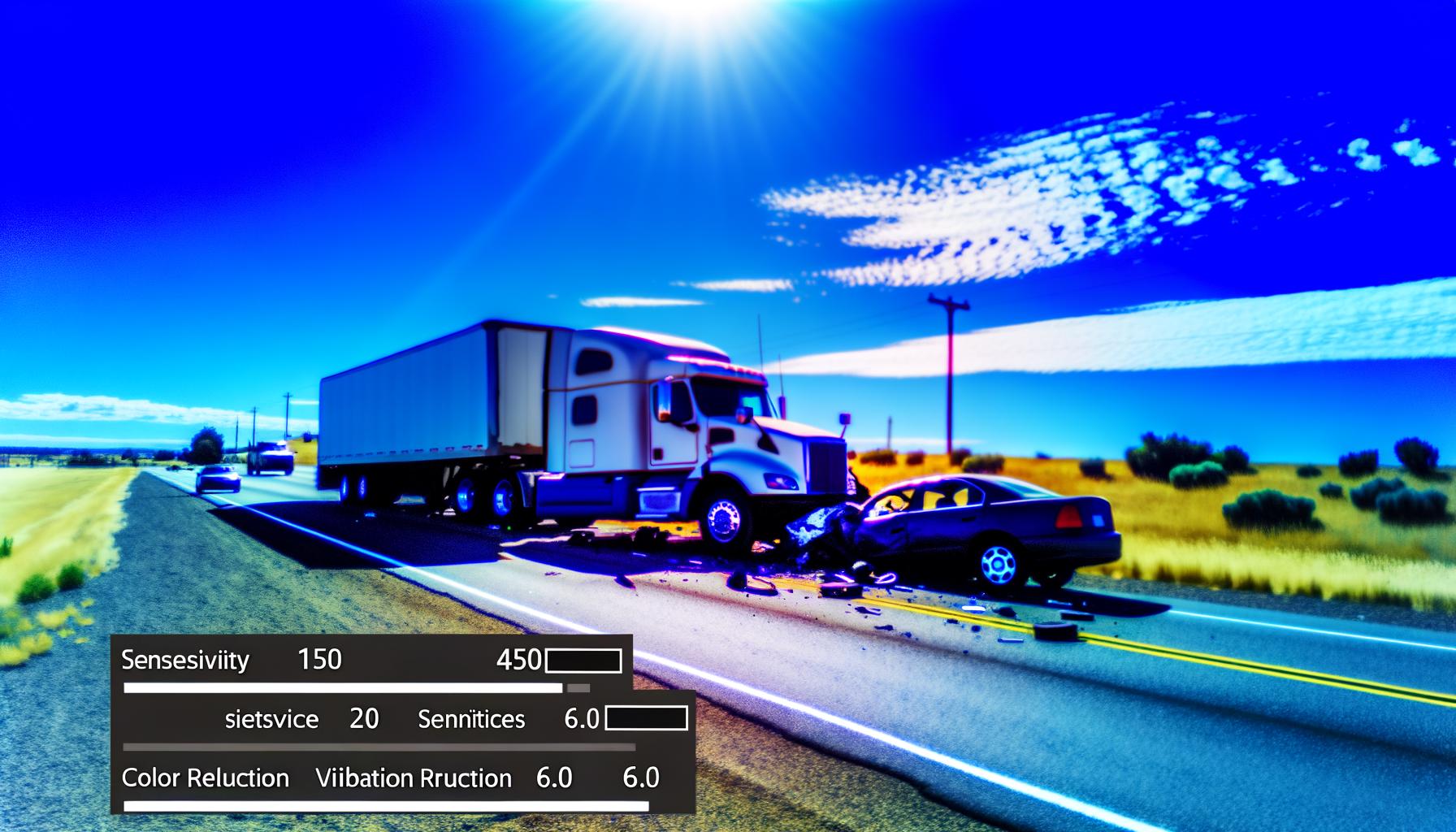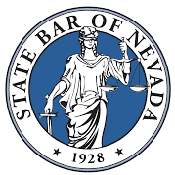Injuries can happen anywhere, and when they happen on a person else's residential or commercial property, the results can be both complex and frustrating. Recognizing your rights and the actions you require to take is important for making certain that you get correct payment for your injuries. This comprehensive overview will walk you via every little thing you need to learn about handling an injury that happens on someone else's premises.
Understanding Facilities Liability: What Is It?
Premises obligation is a legal idea that holds property owners in charge of mishaps and injuries that take place on their residential property as a result of dangerous problems. This area of law includes a wide variety of events, from slip and drop crashes to pet bites, and a lot more.

Types of Property Responsibility Cases
Slip and Loss Accidents: These are one of one of the most common properties liability cases. They often arise from wet floorings, uneven surface areas, or poor lighting.
Inadequate Safety and security: If a homeowner falls short to supply adequate security actions, they might be responsible for injuries resulting from criminal acts.
Dog Bites: Proprietors are usually liable if their pet injures someone.
Swimming Pool Accidents: Absence of precaution around swimming pools can lead to major injuries.

Toxic Torts: Exposure to dangerous compounds can likewise cause obligation claims.
The Role of an Injury Lawyer in Premises Obligation Cases
If you're injured on a person else's home, consulting an injury lawyer is important. A personal injury attorney concentrates on assisting victims navigate intricate legal waters surrounding facilities obligation instances. They will certainly examine your scenario, collect evidence, discuss with insurer, and supporter for your best interests in court if necessary.
What to Do If You're Injured on A Person Else's Property
When confronted with an injury on an additional person's residential property, it's important to take immediate steps:
Seek Medical Interest: Your health and wellness comes first. Also if your injuries seem small, obtaining reviewed by a medical professional is crucial.
Document the Scene: Take pictures of the location where the injury occurred, along with any kind of noticeable injuries.
Report the Case: Alert the property owner or manager concerning what occurred as quickly as possible.
Gather Witness Info: Collect contact information from any witnesses who saw the incident occur.
Consult an Injury Lawyer: Early lawful suggestions can substantially influence the outcome of your case.
Keep Records: Save all records related to your injury-- including clinical documents, bills, and correspondence with insurer-- as they might be needed later.
Why Paperwork Matters
Documentation plays a pivotal function in developing liability in facilities liability cases:
- It helps show that the property owner was negligent. It supplies evidence that sustains your claims. It aids in calculating damages for medical expenses and shed wages.
Common Types of Injuries in Premises Obligation Cases
Injuries sustained on somebody else's home can vary widely:
Soft Cells Injuries: Sprains or pressures typically result from falls.
Fractures: Broken bones prevail after slides or trips.
Traumatic Mind Injuries: Autumns can result in serious head injuries.
Spinal Cable Injuries: These can create long-lasting disabilities.

Burns: These might take place due to risky problems around fire hazards or chemicals.
The Value of Evidence in Confirming Your Case
Evidence is key when going after settlement for injuries sustained on one more's residential property:
- Photographs act as aesthetic proof. Medical documents offer documents of injuries. Witness declarations affirm your account of events.
Liability Aspects: That Is Responsible?
Determining who is accountable after an injury involves evaluating numerous factors:
Property Proprietor's Negligence: Did they fall short to preserve secure conditions?
Victim's Actions: Were there any type of actions taken by the victim that added to their injury?
Legal Condition of Victim: Were they invited visitors or trespassers?
Negligence Explained
Negligence involves falling short to act sensibly according to recognized standards which results in damage or injury:
- A reasonable individual basic assesses whether a typical person would have acted in a different way under similar circumstances. Establishing neglect requires confirming 4 crucial elements: duty, breach, causation, and damages.
Insurance Claims After an Injury Incident
After seeking medical focus and documenting your instance, you'll likely transform towards submitting an insurance policy claim:
Gather all appropriate documentation concerning your injury.
Contact the property's insurer promptly.
Be careful while offering declarations; it's advisable not to admit fault prematurely.
Assess possible payment based upon medical expenditures and pain/suffering withstood because of negligence.
Working with Insurance coverage Adjusters
Navigating through discussions with insurance policy insurers can be challenging:
- Have all documents all set before speaking with them. Understand that they could attempt reducing your insurance claim; having lawful representation helps make certain fair treatment.
Timeline for Filing a Claim in Nevada
If you're thinking about suing in Las Las vega or elsewhere in Nevada:
Be aware that Nevada has a two-year law of limitations for personal injury claims.
Failure to file within this timeframe normally results in losing your right to look for compensation.
The Process of Filing a Claim
1) Assessment with a personal injury attorney 2) Investigation into the crash 3) Declaring needed documents 4) Discussing negotiations 5) Seeking litigation if necessary
FAQ Section
Frequently Asked Concerns Regarding Facilities Liability
What must I do instantly after my injury?
Seek clinical interest first! Record whatever related to the incident-- pictures, witness information-- prior to getting in touch with a lawyer for guidance.
How long do I have to file my claim?
In Nevada, you generally have 2 years from the day of your crash; however, it's finest not to delay taking action!
Can I still seek my instance if I was partially at fault?
Yes! Nevada follows modified comparative oversight regulations; you might still recoup damages if you're much less than 51% to blame for the accident.
What types of compensation can I receive?
You might be entitled to offsetting problems covering clinical costs, shed salaries because of missed job time, pain/suffering sustained throughout recuperation processes amongst others!
Do I need a lawyer for my case?
While it's not compulsory; having experienced legal representation significantly boosts opportunities at receiving fair negotiations while browsing intricate legitimacies involved within these sorts of cases!
What prevail defenses used versus properties responsibility claims?
Defendants might argue contributory carelessness (your very own activities added), presumption threat (you understood about risk), or lack sufficient evidence proving their responsibility!
Conclusion
Experiencing an injury on somebody else's residential or commercial property can definitely be stressful; however recognizing exactly how https://anotepad.com/notes/cgsi3t49 finest strategy such scenarios encourages individuals in the direction of achieving rightful settlements owed! Enlisting aid from certified specialists like injury lawyers makes certain browsing complicated lawful procedures ends up being convenient while raising chances protecting beneficial outcomes!
If you have actually located yourself damaged due entirely uncaring habits displayed by an additional celebration-- do not think twice connecting skilled injury legal representatives that specialize particularly within locations relating properties liabilities-- after all expertise really holds power especially when advocating justice deserved!